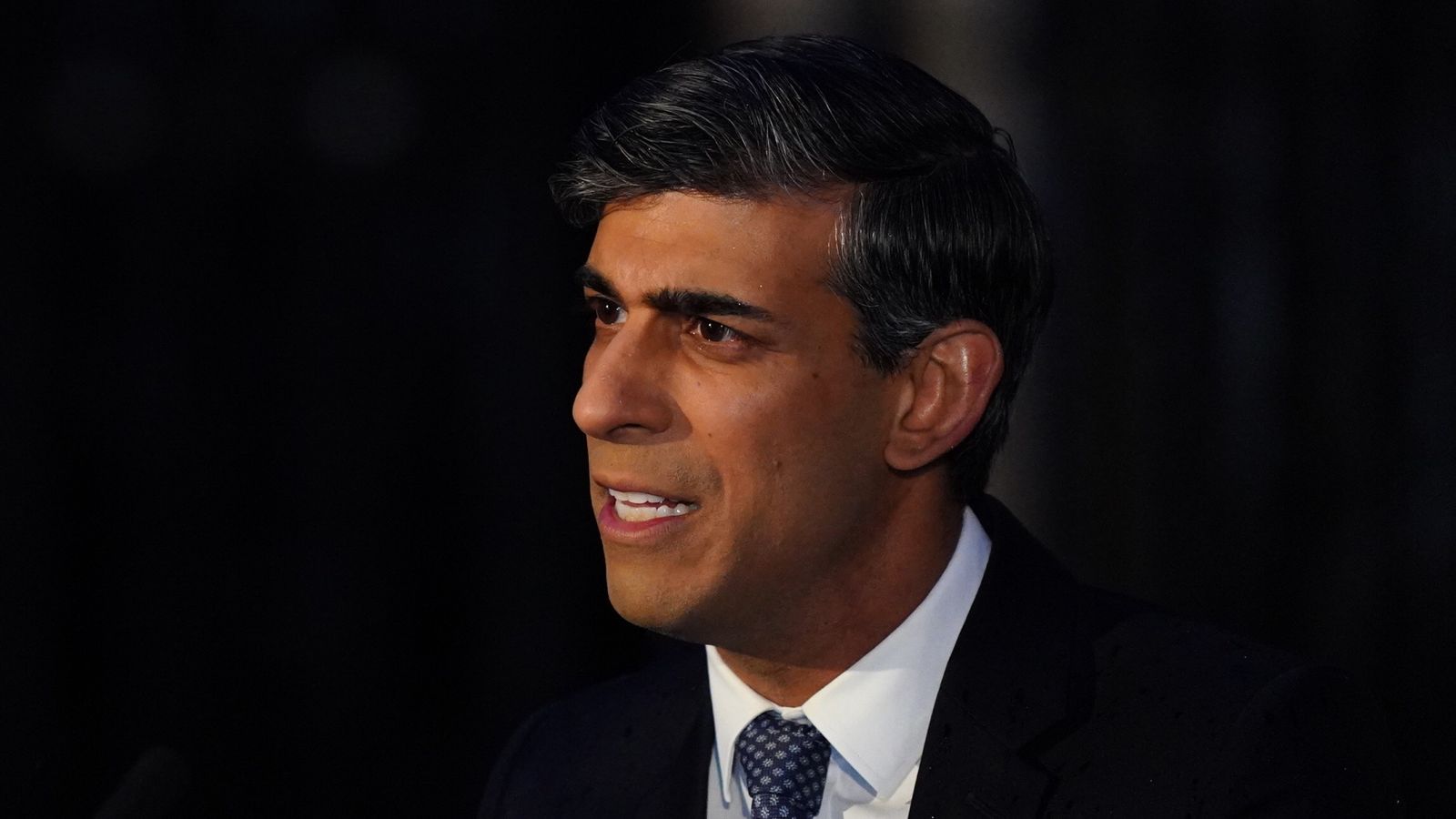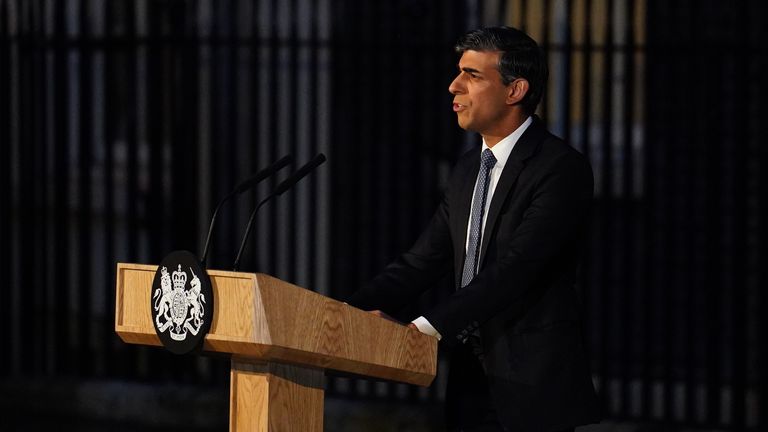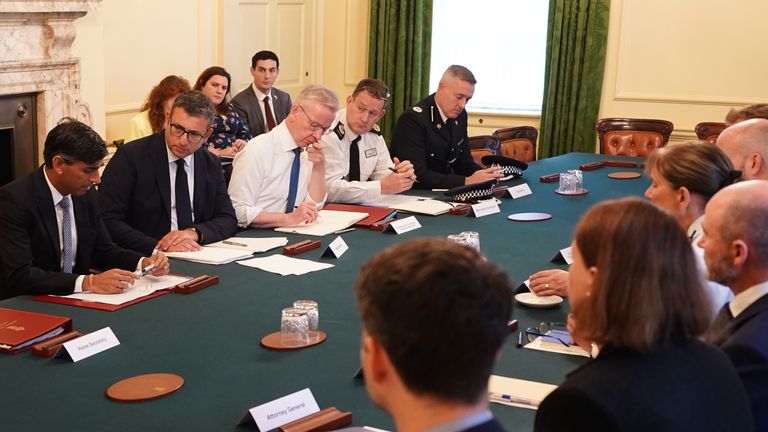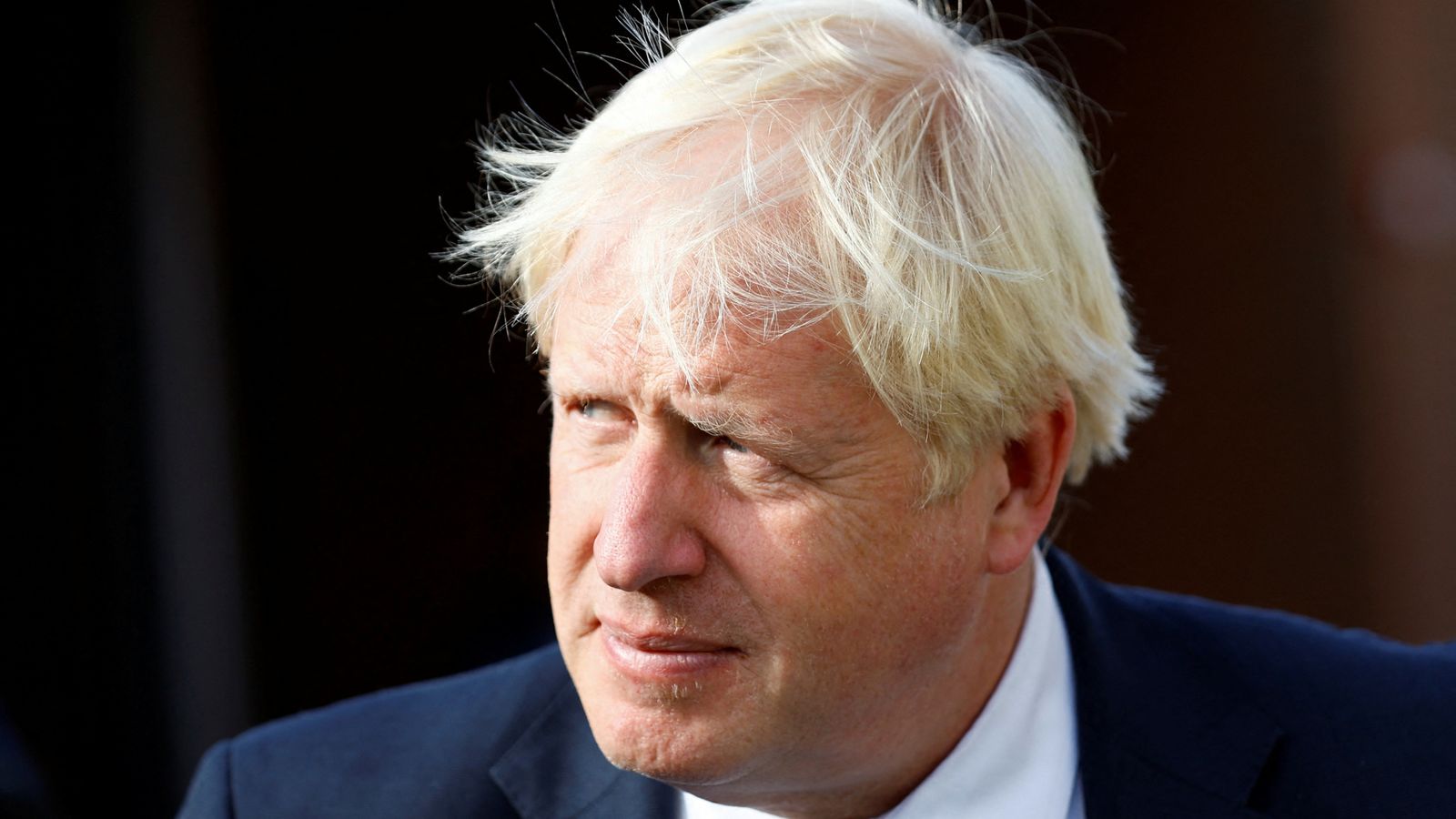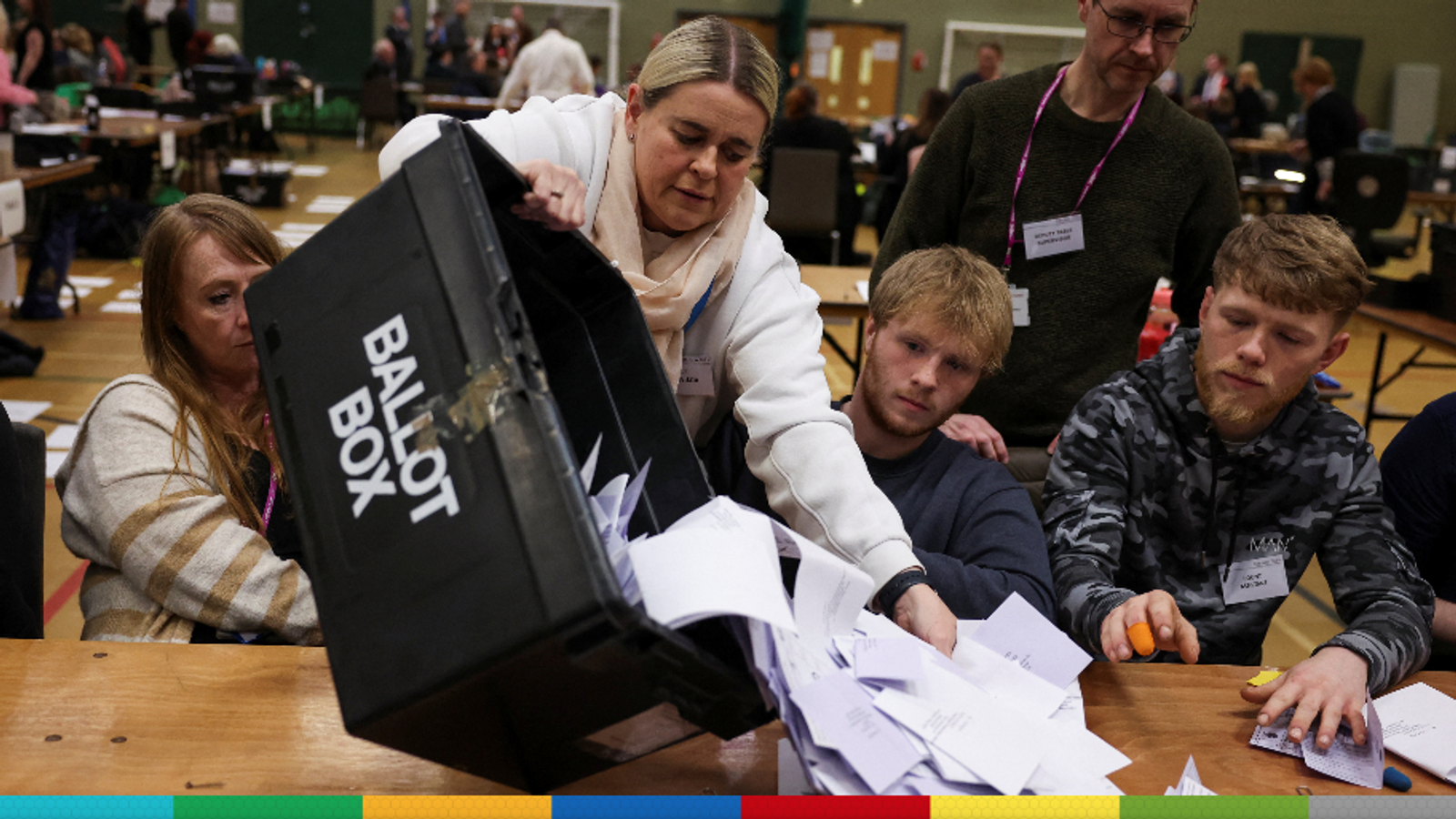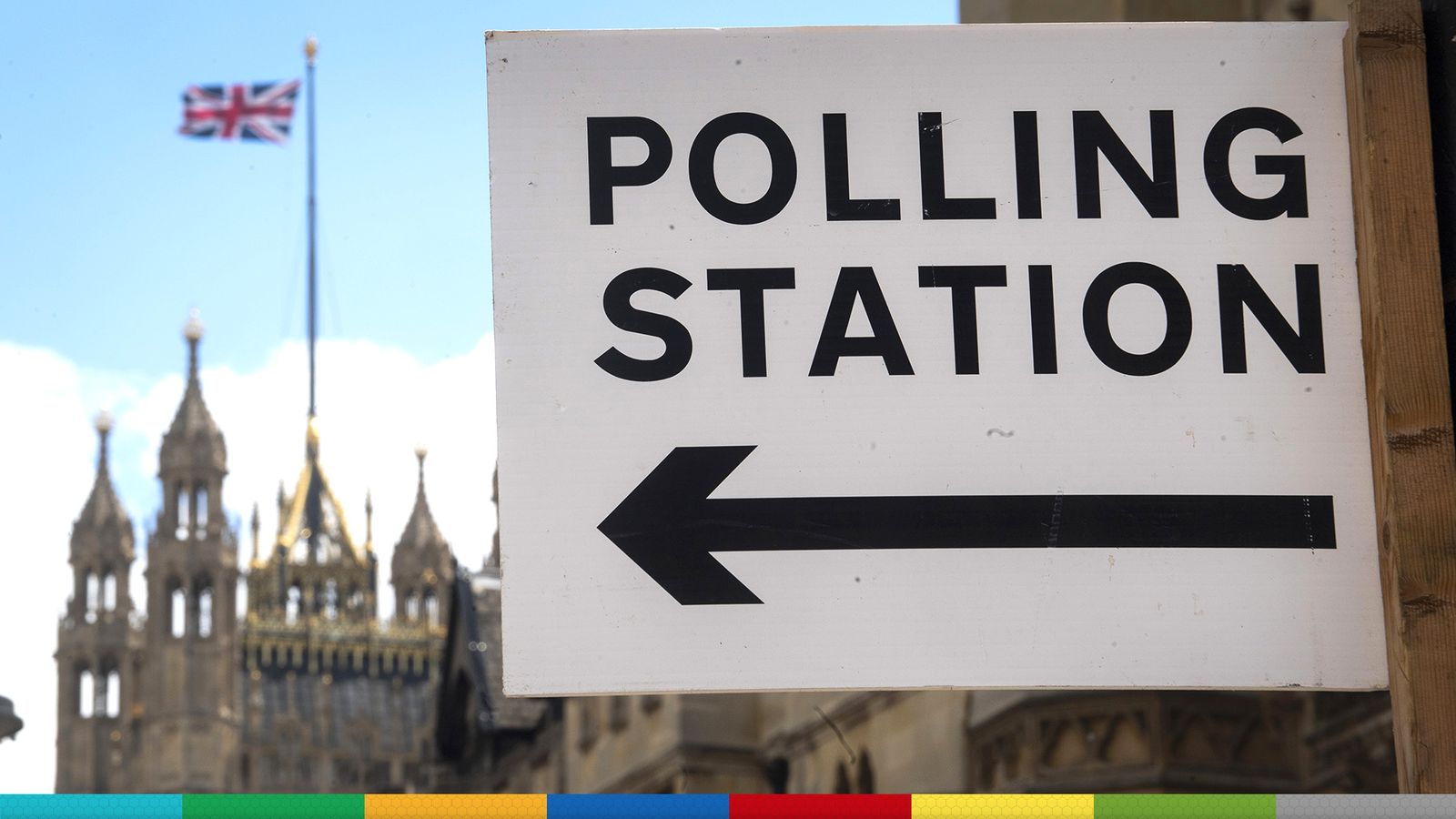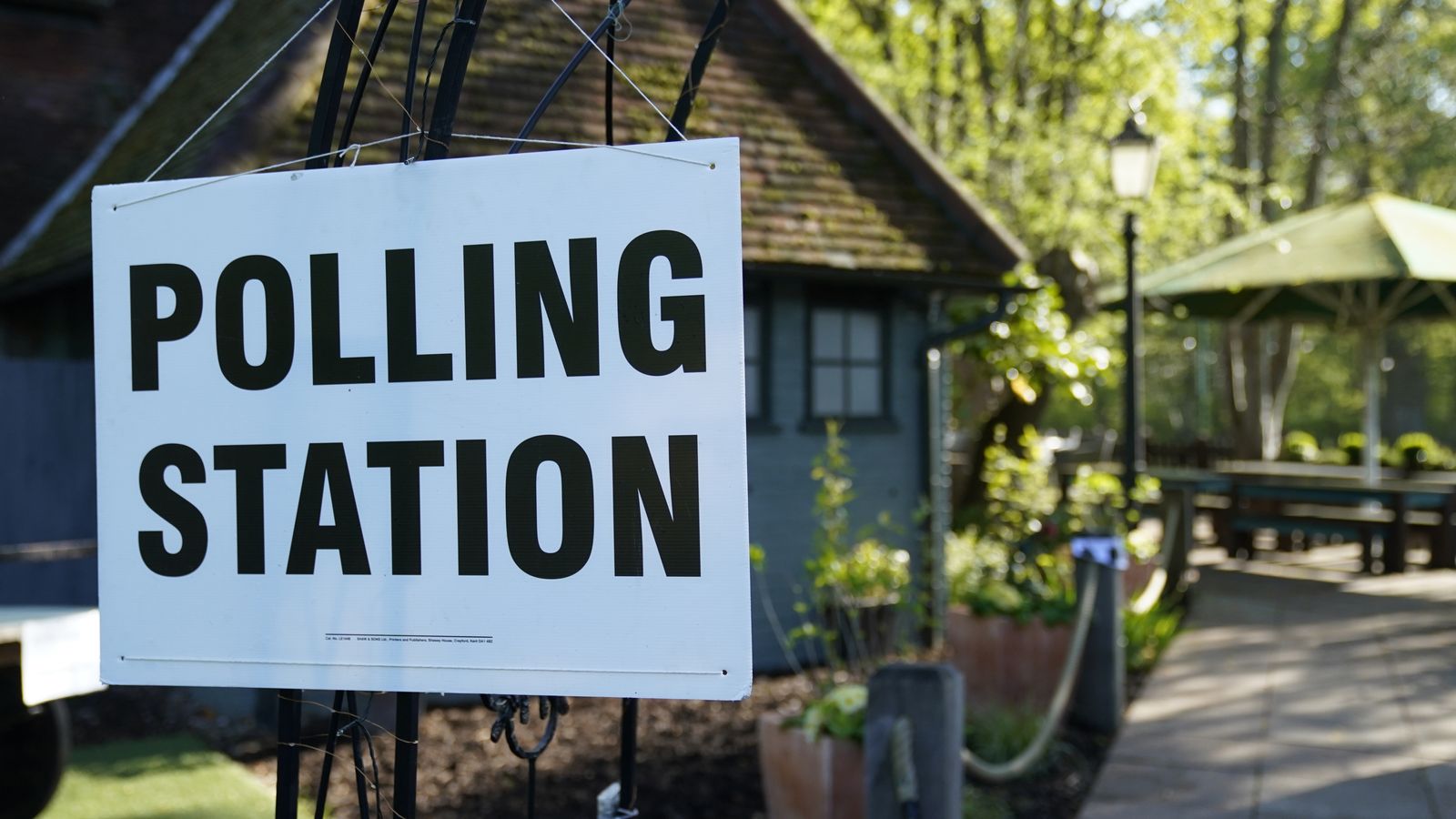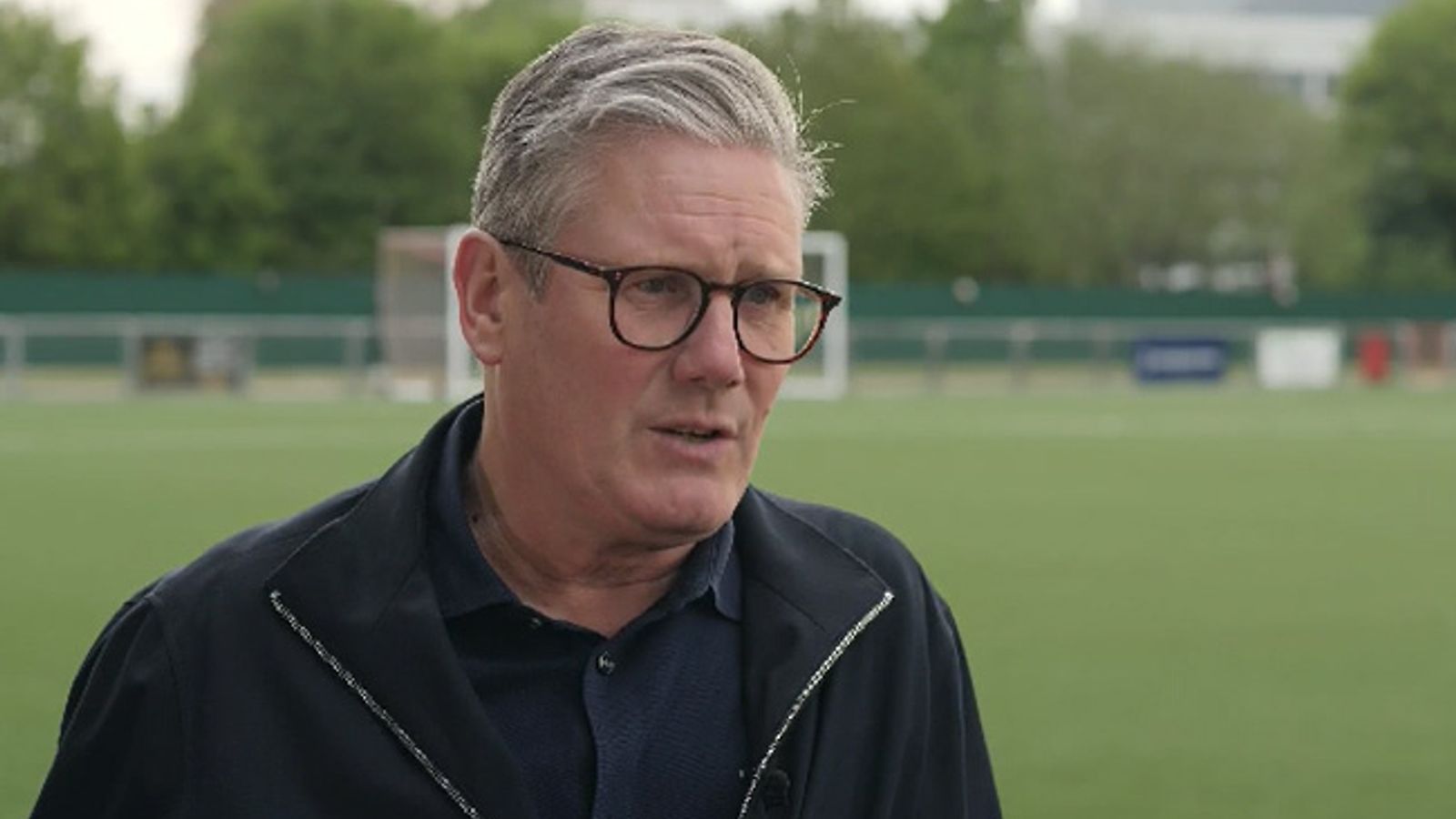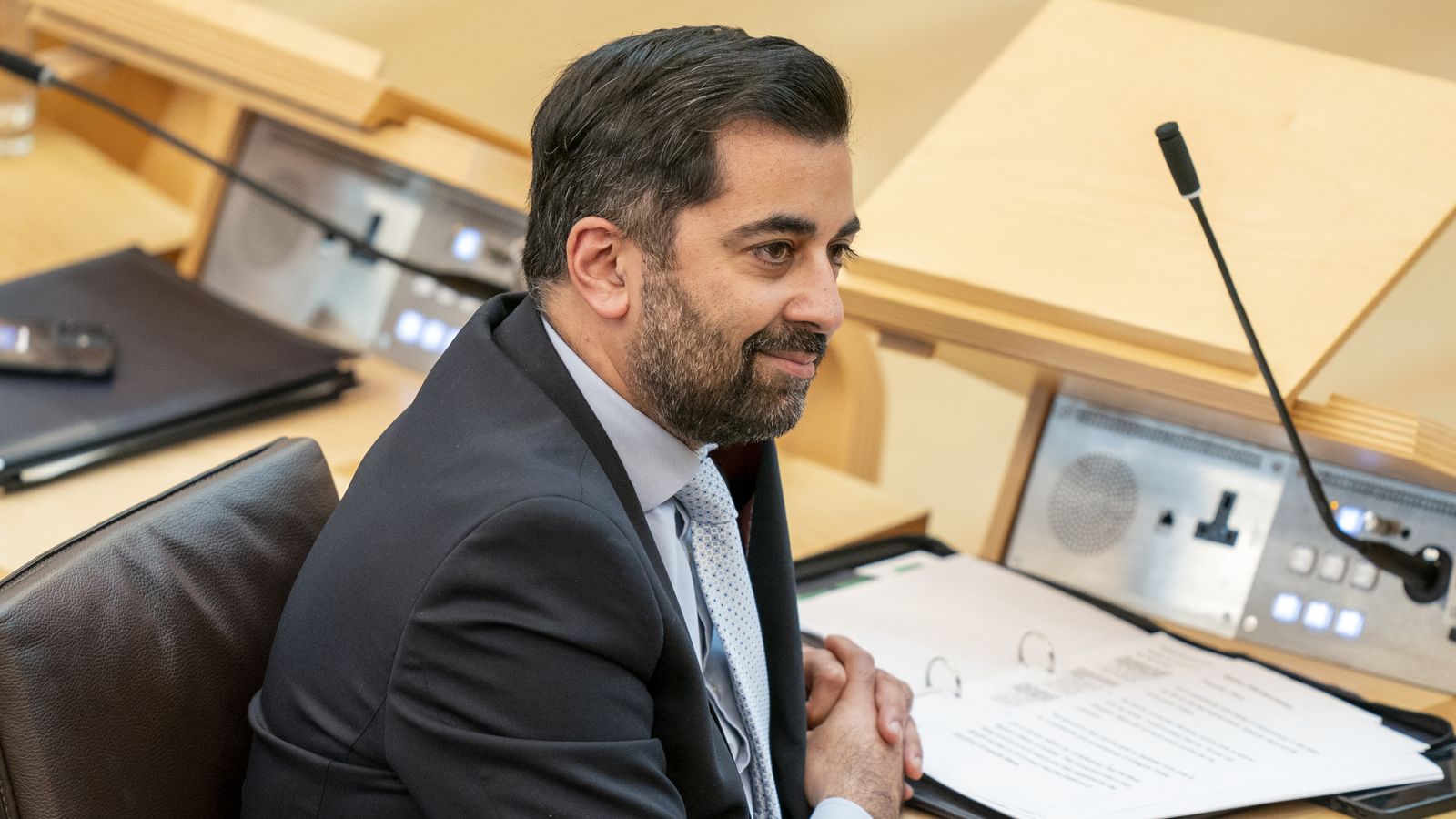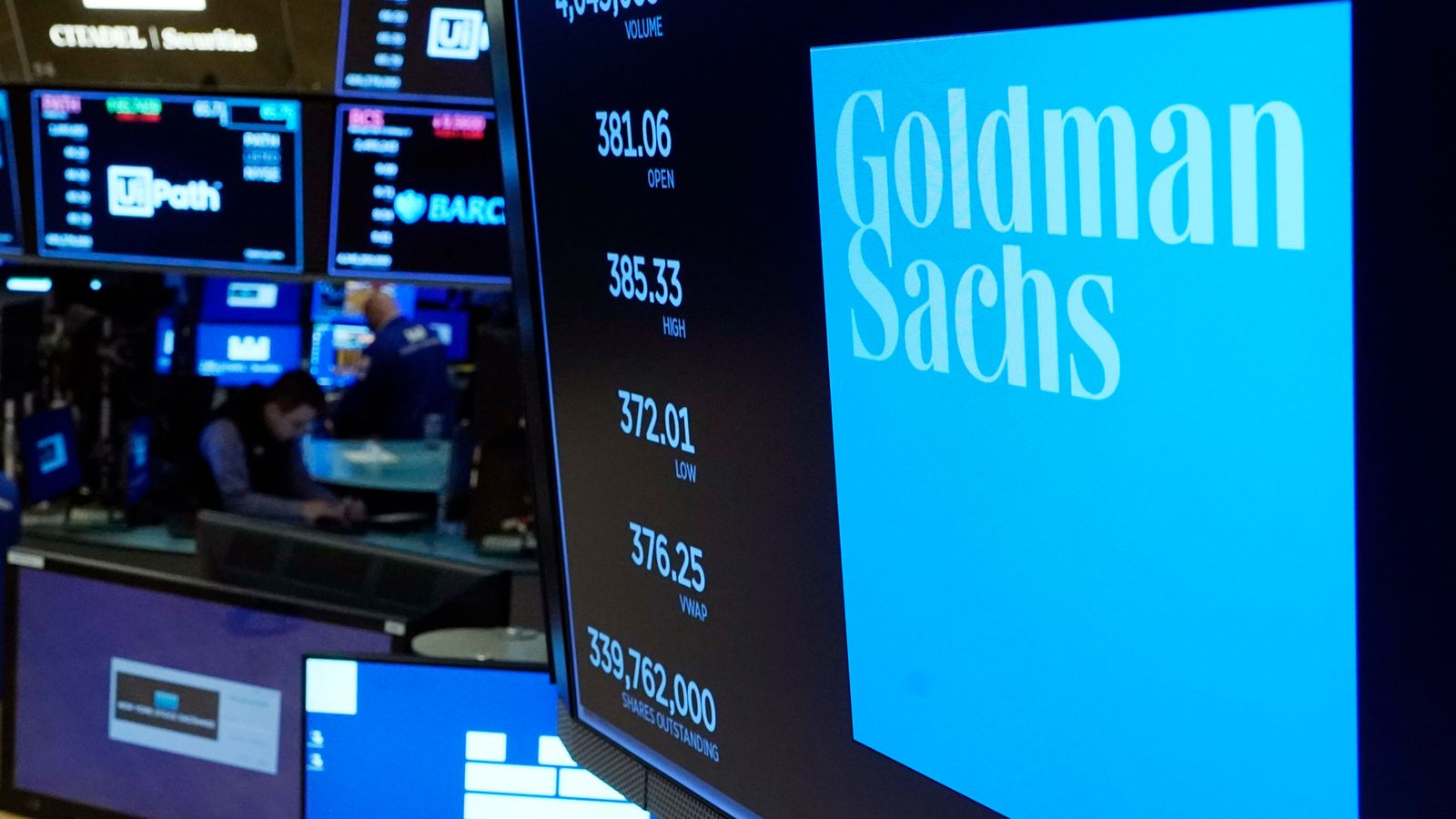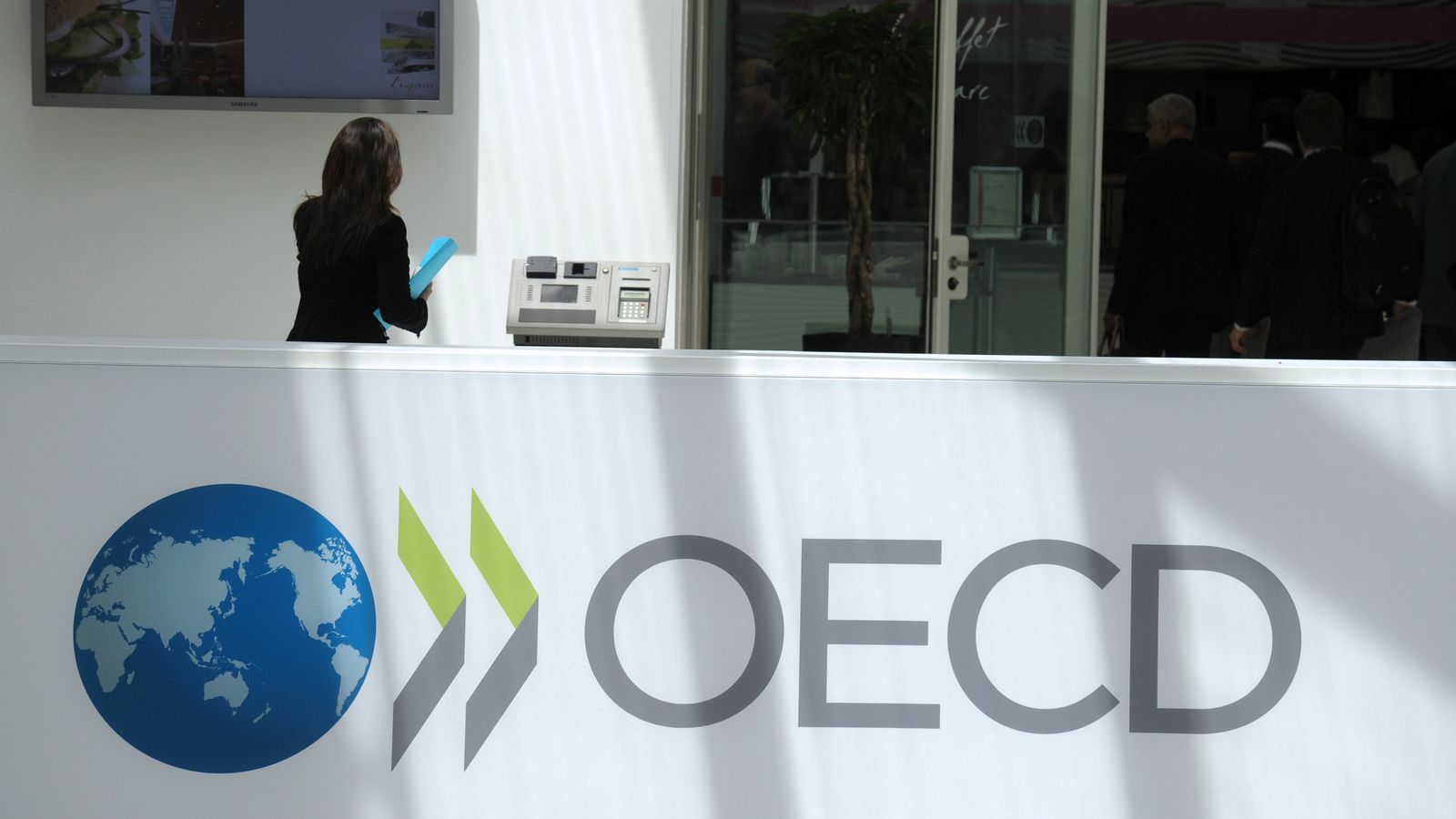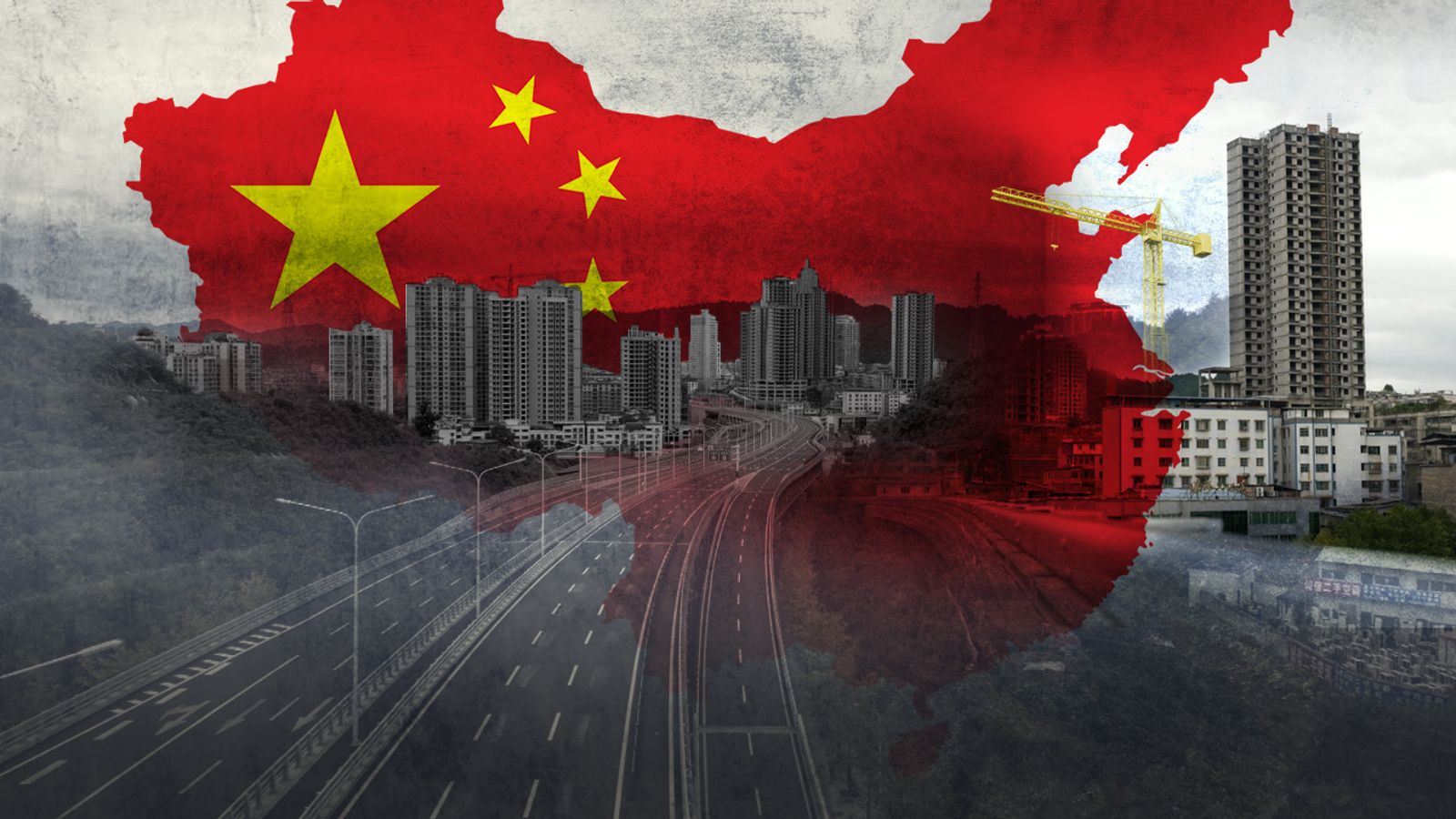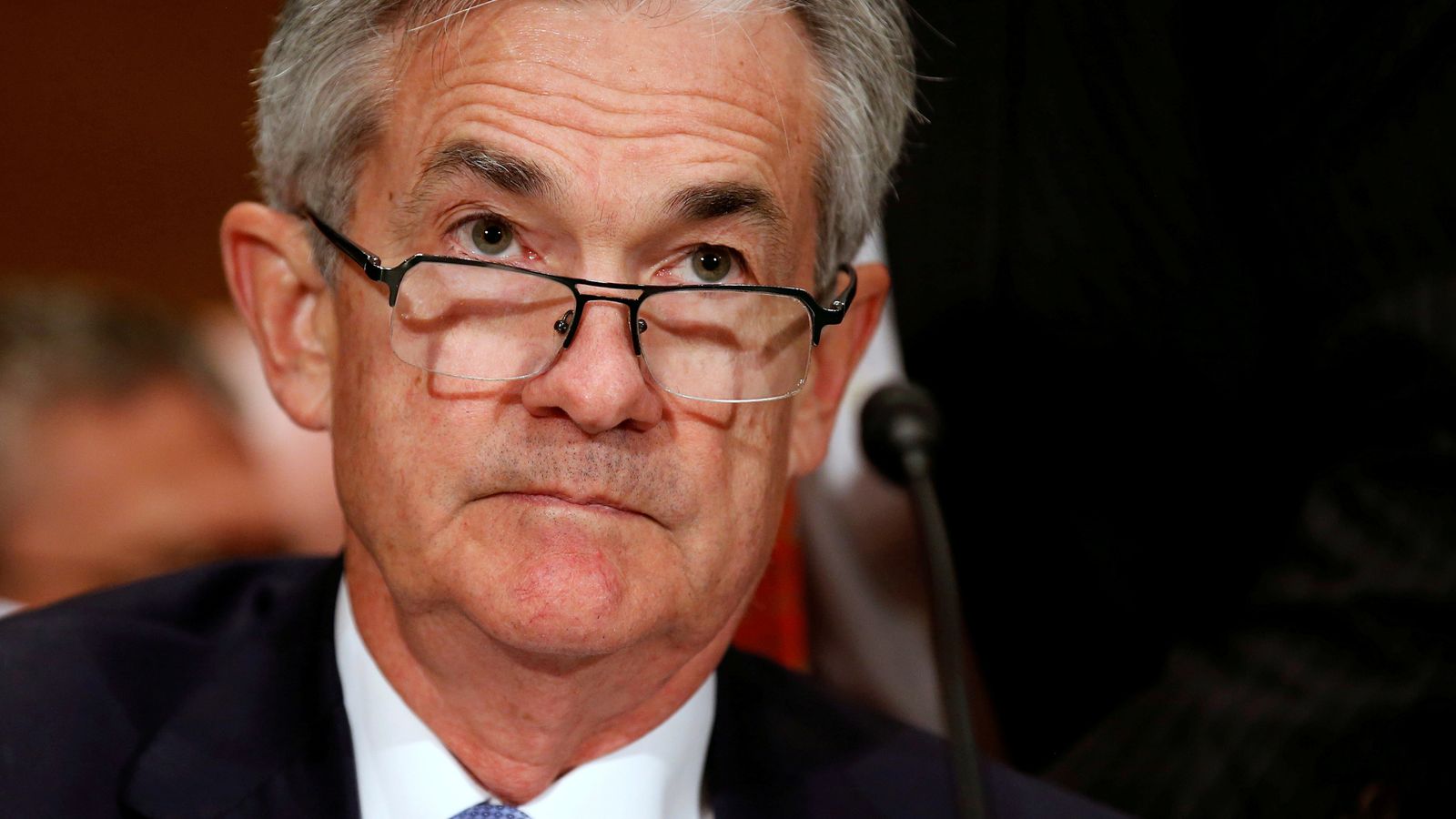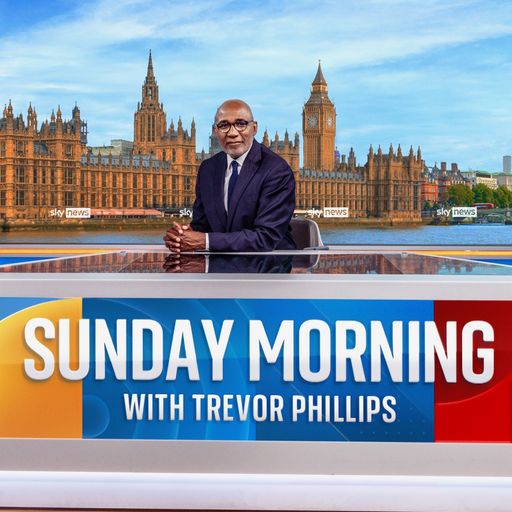
A human rights lawyer and Labour peer has outlined what she thinks is the “most sinister” part of the prime minister’s recent speech on policing and protests.
Baroness Shami Chakrabarti spoke to Sunday Morning with Trevor Phillips about Rishi Sunak’s speech on Friday.
Speaking from Downing Street, the prime minister railed against “extremist forces trying to tear us apart”, and that there has been a “shocking increase in extremist disruption and criminality” – adding that “democracy itself is a target”.
He said he had met police chiefs to tell them the public expects protests to be policed rather than managed.
Baroness Chakrabarti, a former director of the charity Liberty, said that for her the most “sinister” part of the speech was Mr Sunak “almost suggesting that he has read the riot act to the police”.
She said: “I think in a liberal democracy – and he’s now claiming to be a liberal patriot, I think that was the language he used – we don’t have prime ministers interfering with operational policing.”
Mr Sunak described himself as a patriot in the speech, and Britain as a patriotic, liberal, democratic society.
The Labour peer said these kinds of meetings have happened a number of times under Mr Sunak, where police chiefs are called into Downing Street, and then a press release is put out about what they have been told by the prime minister.
“I really don’t like it, and I don’t think people in Britain want their politicians to be deciding how particular a police operation should be conducted,” she added.
Read more:
Twelve people arrested at pro-Palestine demonstration
Protesters preventing police from ‘looking after communities’
Four officers injured in clashes with protesters in south London
Challenged about her use of the word sinister, Baroness Chakrabarti said she used it because of the “cheek” of Mr Sunak talking about those issues “when so many of his ministers and senior Conservatives have been pouring fuel on the flames of polarisation, culture war, division in our country” – singling out Lee Anderson and Suella Braverman.
Mr Anderson was kicked out of the parliamentary Conservative Party after claiming London mayor Sadiq Khan was controlled by Islamists.
Ms Braverman has regularly called protests calling for a ceasefire in the Middle East “hate marches”.
Baroness Chakrabarti said there was also “cheek” in how the prime minister, following his colleagues’ comments, to “then come and try and look sort of statesmanlike with his reading the riot act to the police about how they should do their very difficult job”.
Chancellor Jeremy Hunt was also asked on Sunday Morning with Trevor Phillips about Mr Sunak’s speech.
He was asked which “small groups” had “hijacked” the UK’s streets, as the prime minister said, that have not already been banned.
Mr Hunt was not able to provide any names.
He initially said it was for the home secretary – currently James Cleverly – to do so.
The chancellor then said that “the vast majority of British Muslims want to protest peacefully and within the law”.
He added that “we have seen examples of very intimidatory protests” which have made people feel “unsafe – that is not the British way”.
👉 Listen above then tap here to follow Electoral Dysfunction wherever you get your podcasts 👈
Again asked about who he was talking about, Mr Hunt said the “scenes I’ve seen on television”, and the “emails I’ve received from people who’ve been terrified” by the marches.
Asked a further time which groups he was talking about, Mr Hunt said: “I don’t know the names of people I see on television.”
Trevor also spoke to journalist Sarfraz Manzoor.
Mr Manzoor said the prime minister’s speech, in his view, was “something born from calculation and cynicism, rather than conviction”.
He added that too many politicians on both sides seem “more comfortable in banalities and fudges” and “spouting pieties rather than actually speaking with conviction”.
“And therefore, if you don’t have people who can speak with clarity and with nuance, then I think that this territory gets surrendered to people who do speak with conviction, even if what they’re saying is absolute nonsense.”

